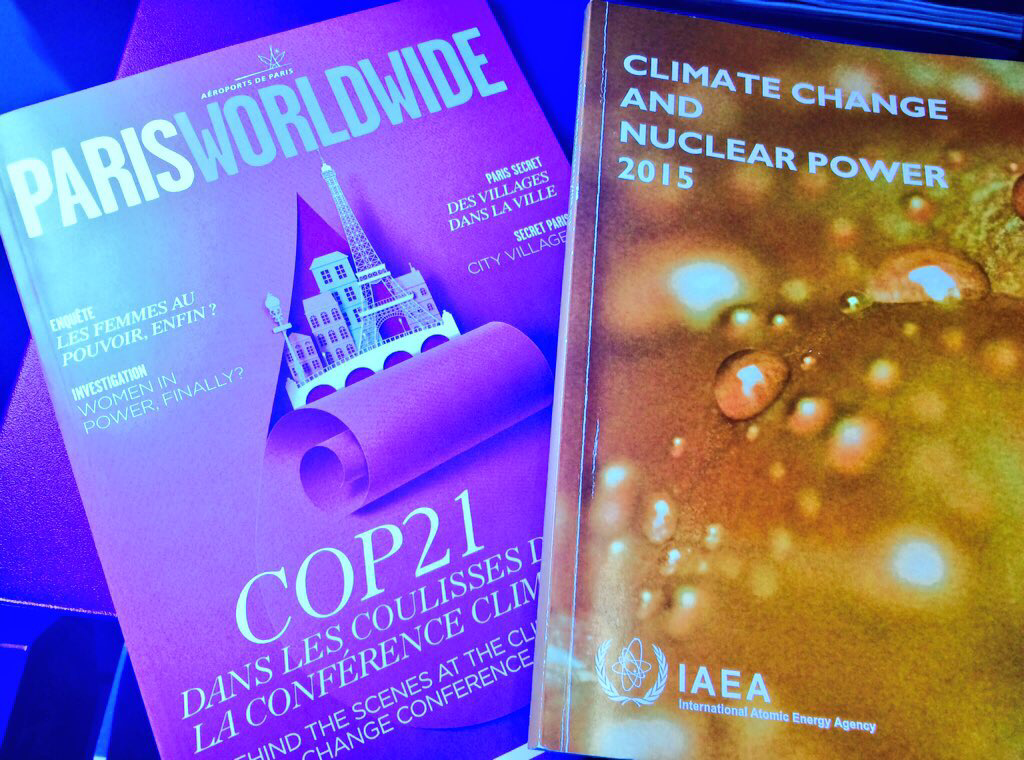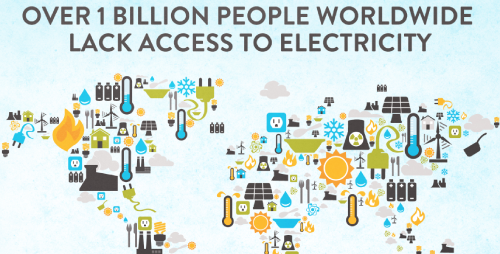The Kyoto Protocol following the summit in 1997 brought 37 countries together to pledge to reduce their greenhouse gases by at least 5%. Kyoto brought the issue of climate change to direct policy, but most countries have failed to meet their Kyoto goals. The 2009 summit in Copenhangen failed to reach consensus and the decision was delayed to 2015, to COP21.
The objective of COP21 is to devise a new agreement in which countries will pledge to reduce green house gas emissions in order to keep the average global temperature increase under 2 degrees Celsius (as compared to pre-industrial levels). This means reducing greenhouse gases by 40 to 70% by 2050 from 2010 levels.
While the contribution of human activity to climate change is still disputed by some, action needs to be taken to mitigate the immediate impact of fossil fuels on human health and the environment. Air pollution has become a major concern for China. Island nations are completely threatened by rising sea levels from melting ice caps.
Recognizing that cities are responsible for 70% of carbon emissions, 1000 mayors and city officials will come together at a side summit at COP21. Led by Paris mayor Anne Hidalgo, and NYC’s Michael R. Bloomberg, cities will devise a local plan to combat global warming.
With more than 1 billion of the world population still without electricity, the global demand for energy continues to rise. Developed countries must pave the way in clean energy and foster sustainable development in growing economies.
For more information, check out the COP21paris.org and the IAEA's 2015 report on Climate Change and Nuclear Power.





 RSS Feed
RSS Feed

